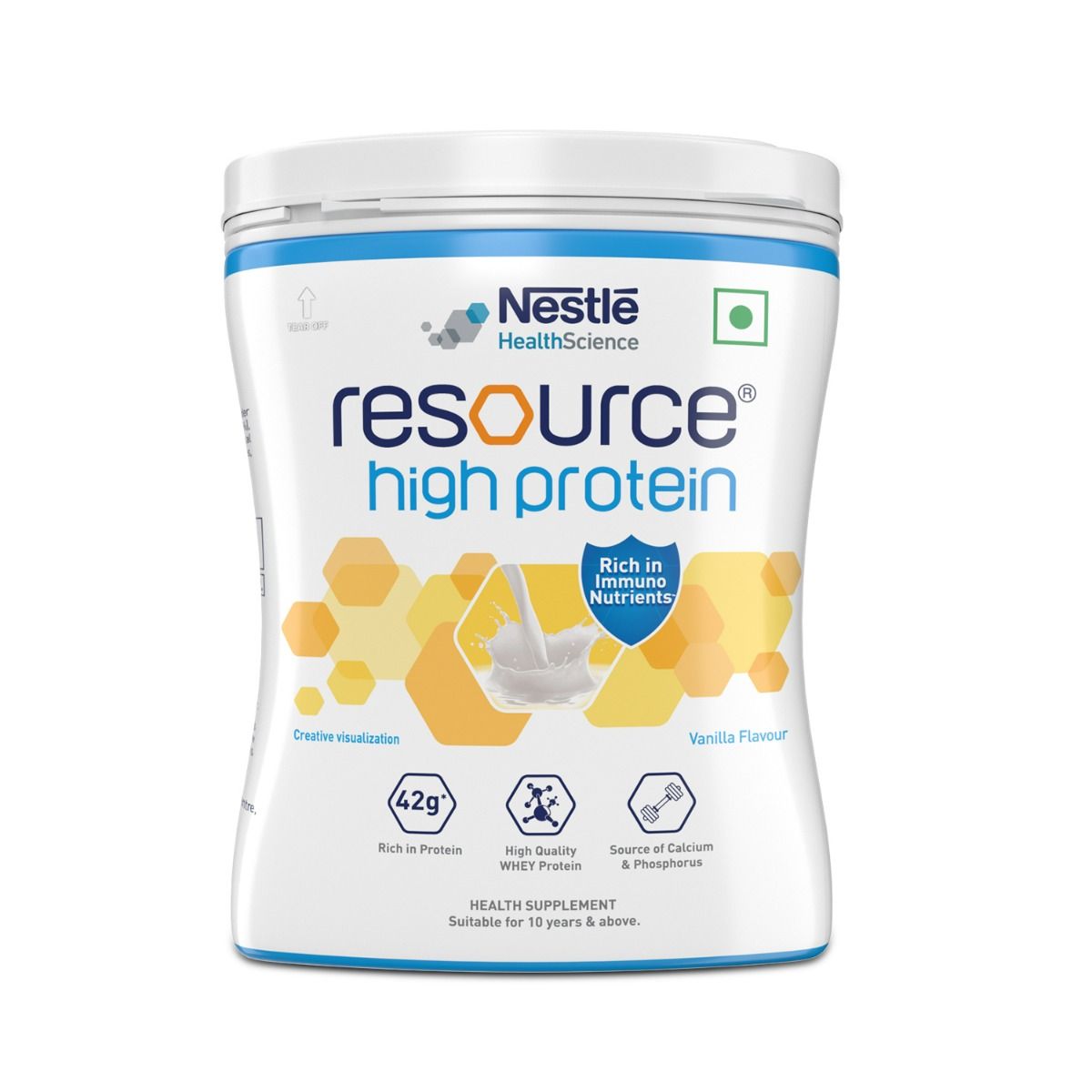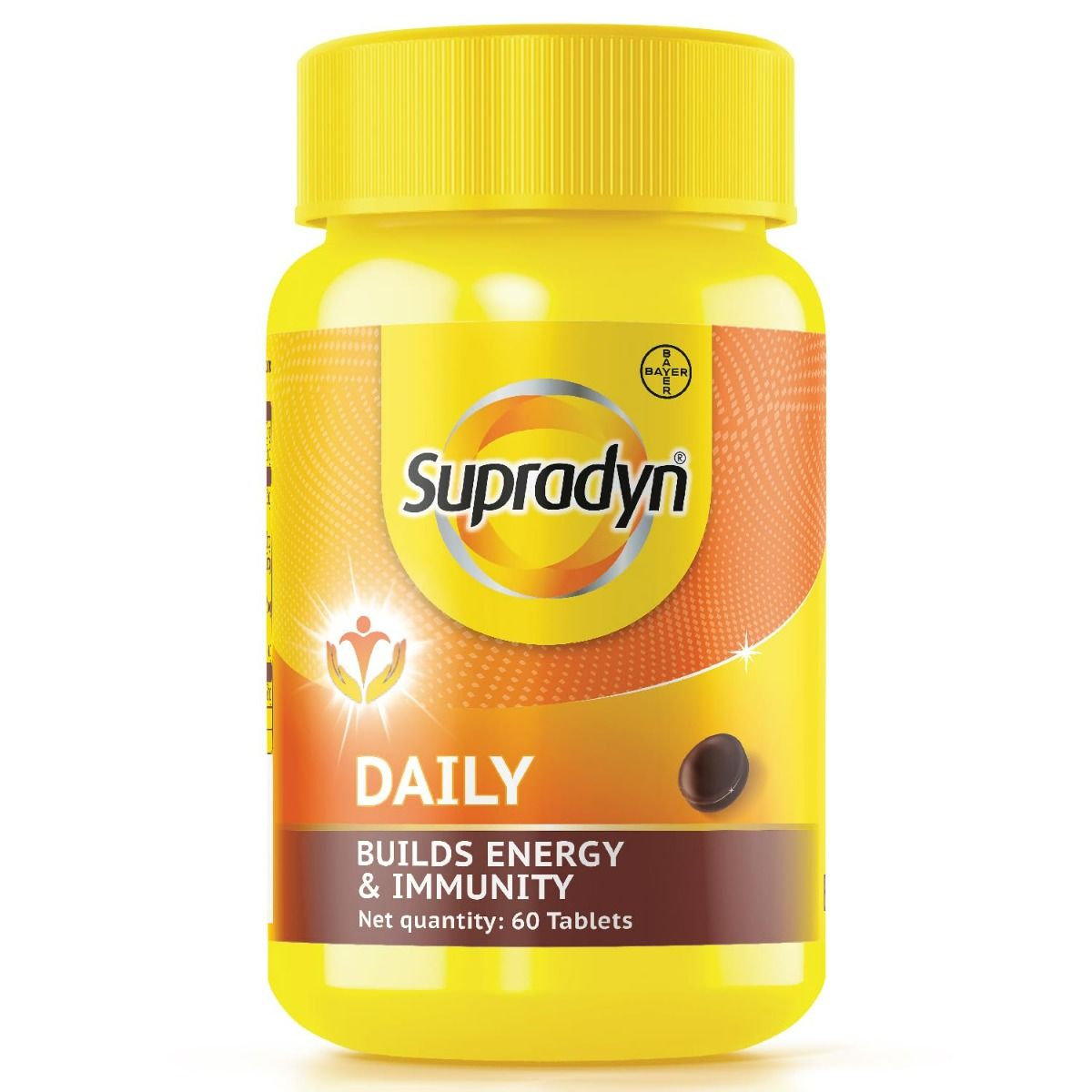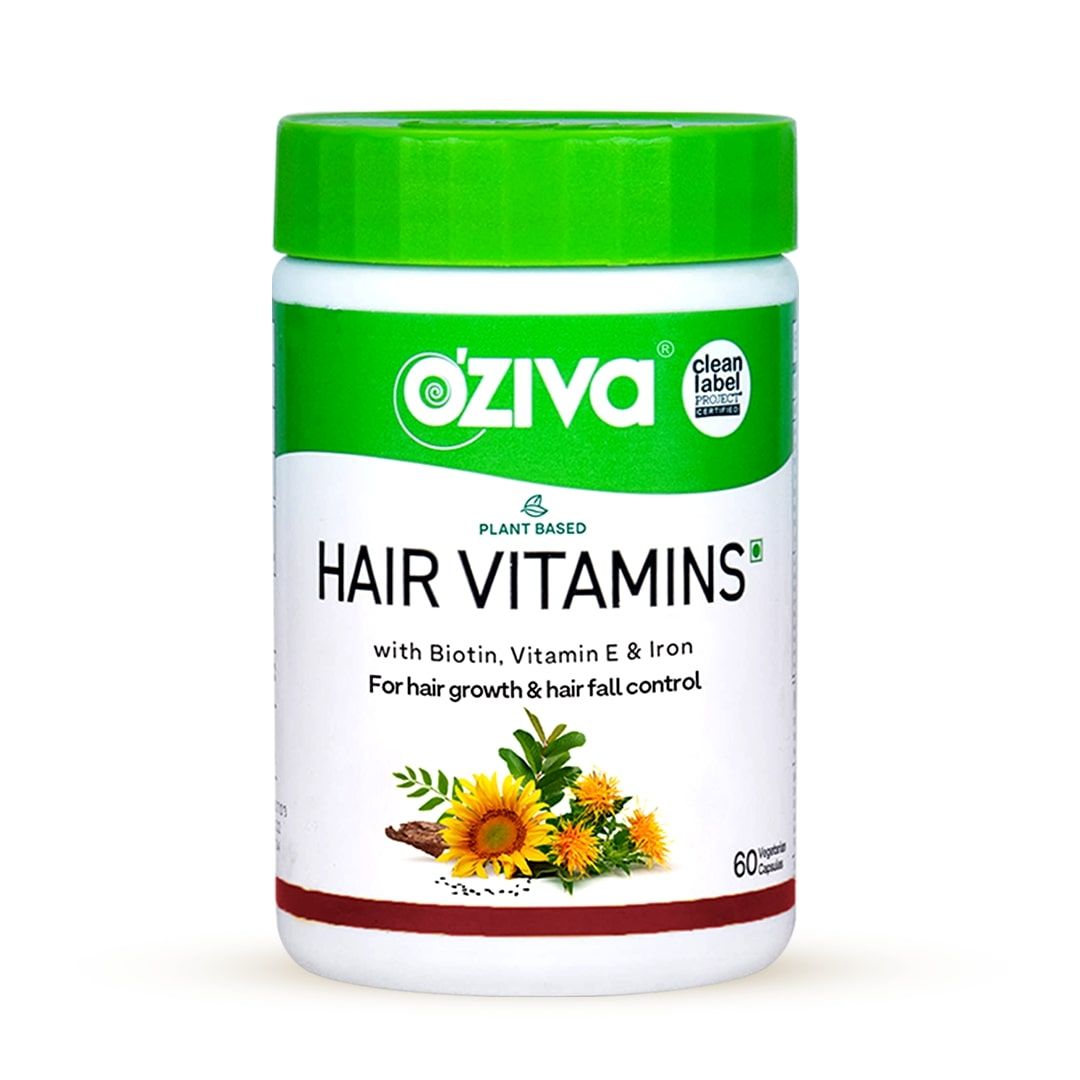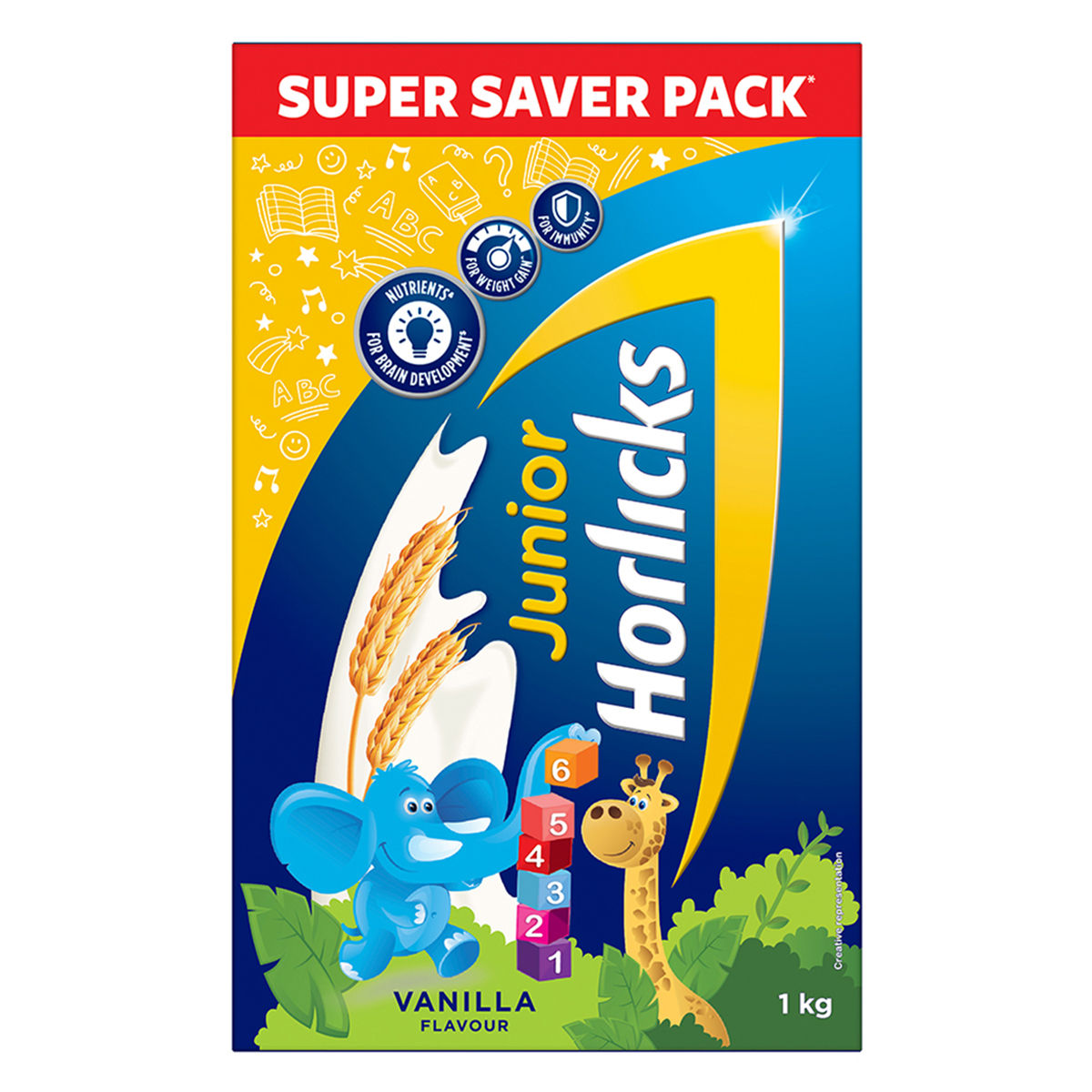Health & Nutrition
- Total Items (0)

Pediasure Vanilla Flavour Nutrition Powder for Kids Growth, 950 gm
₹1514.90
MRP ₹1785
15% off

Ensure Diabetes Care Vanilla Delight Flavour Powder for Adults, 1 kg (2x500 gm)
₹1940
MRP ₹2120
8% off

Revital H Woman, 30 Tablets
₹300
MRP ₹400
25% off

Revital H Complete Multivitamin for Men, 30 Capsules
₹247.50
MRP ₹330
25% off

Nestle Resource High Protein Vanilla Flavour Powder, 400 gm
₹818.80
MRP ₹1099
25% off

Fresubin High Protein Vanilla Flavour Powder, 400 gm
₹1025.90
MRP ₹1236
17% off

Prohance Mom SF Chocolate Powder 200 gm
₹350.30
MRP ₹467
25% off

Revital H Complete Multivitamin for Men, 60 Capsules
₹450
MRP ₹600
25% off

Supradyn Daily Multivitamin For Men & Women, 60 Tablets
₹234
MRP ₹260
10% off

Protinex Rich Chocolate Flavour Nutrition Powder for Adults, 1 kg
₹1180
MRP ₹1455
19% off

Prohance Vanilla Powder 400 gm
₹532.50
MRP ₹710
25% off

Prohance Junior Powder Chocolate 400 gm
₹530.30
MRP ₹707
25% off

Wellbeing Nutrition Melts Into Vegan Vitamin B12 + Folate Orange Mint Flavour, 30 Strips
₹486.80
MRP ₹649
25% off

Fast&Up Charge Natural Vitamin C & Zinc Orange Flavour, 20 Effervescent Tablets
₹361.30
MRP ₹425
15% off
Improve Your Health with Health & Nutrition Products from Apollo Pharmacy
Health & nutrition go hand in hand. A person's daily nutritional needs increase during childhood, peak during adolescence, and stabilise during adulthood. It is important to understand the different types of nutrients that the body requires for optimal functioning.
The nutrients needed for good health & fitness primarily come from a balanced diet that includes fruits, vegetables, nuts and seeds, lentils and beans, and whole grains such as rice, oats, wheat, barley, and millet. The human body requires macronutrients such as proteins and carbohydrates and micronutrients such as vitamins and minerals to function properly.
However, due to the current sedentary lifestyle, it can be challenging to monitor daily nutrient intake through food alone. This is why Apollo Pharmacy offers a wide range of health & nutrition products that cater to overall physical health. This includes vitamin tablets, healthy sugar alternatives, omega-3 supplements, rehydration solutions, and alkaline water.
The Seven Types of Nutrients and Their Importance
The human body requires more than 40 different types of nutrients for optimum nutrition and health. These nutrients can be grouped into seven categories. Although each group performs a unique set of functions, they are equally essential for good health.
- Carbohydrates – This group is a major source of energy for the body as it provides glucose. Carbohydrates contribute to health & fitness by regulating mood, promoting muscle gain, and improving athletic performance. Carbs are mainly found in whole grains, root vegetables, and dairy products.
- Fats – This group is essential in protecting organs against shock and providing heat during extremely cold weather. Fats are found in dairy products, fish, meat, nuts, and seeds.
- Proteins – This class of nutrients builds, repairs, and maintains healthy body tissues. They are mainly found in seafood, eggs, bean products, and dairy.
- Vitamins – These micronutrients help with various body metabolisms such as maintaining healthy skin, blood clotting, nervous function, bone and teeth health, etc. They are found in potatoes, citrus fruits, and leafy greens.
- Minerals – This essential class of micronutrients is required to regulate functions such as muscle contraction, fluid balance, and body structure. Foods rich in minerals include fish, meat, dairy products, fruits and vegetables, and nuts.
- Dietary Fibre – This refers to the indigestible part of plants that maintains gastrointestinal health and stabilises blood sugar. Fibre-rich foods include whole grains, legumes, fruits, and vegetables.
- Water – Nearly 70% of the human body is water. It helps regulate body temperature, remove waste products, and transport nutrients for absorption.
Important Things to Know about Nutritional Supplements
While it is true that supplements, along with a balanced diet, offer ultimate nutrition, it is equally important to know certain facts about consuming nutritional supplements.
- Supplements come in various forms, such as tablets, gels, powder, or liquid, but they serve the same purpose.
- It is essential to discuss ongoing medications with your healthcare provider, as they can interfere with supplements and lead to adverse reactions.
- Supplements should never be taken as a substitute for a healthy diet.
Frequently asked questions
An average person needs around 2000 calories per day to maintain optimal weight. However, this number varies based on age, sex, and individual physical activity levels.
Some common health issues arising from poor nutrition include type 2 diabetes, certain types of cancer, heart disease, and obesity.
Some useful tips for healthy eating include consuming plenty of fruits and vegetables, reducing the intake of sugar and saturated fats, limiting salt, not skipping breakfast, maintaining a healthy weight, and staying hydrated.
Yes, a lifestyle of healthy eating and regular exercise leads to weight loss, maintains organ health, and keeps the mind healthy. While food is fuel, exercise is the energy needed to burn that fuel, build muscle mass, strengthen the lungs and heart, etc.










